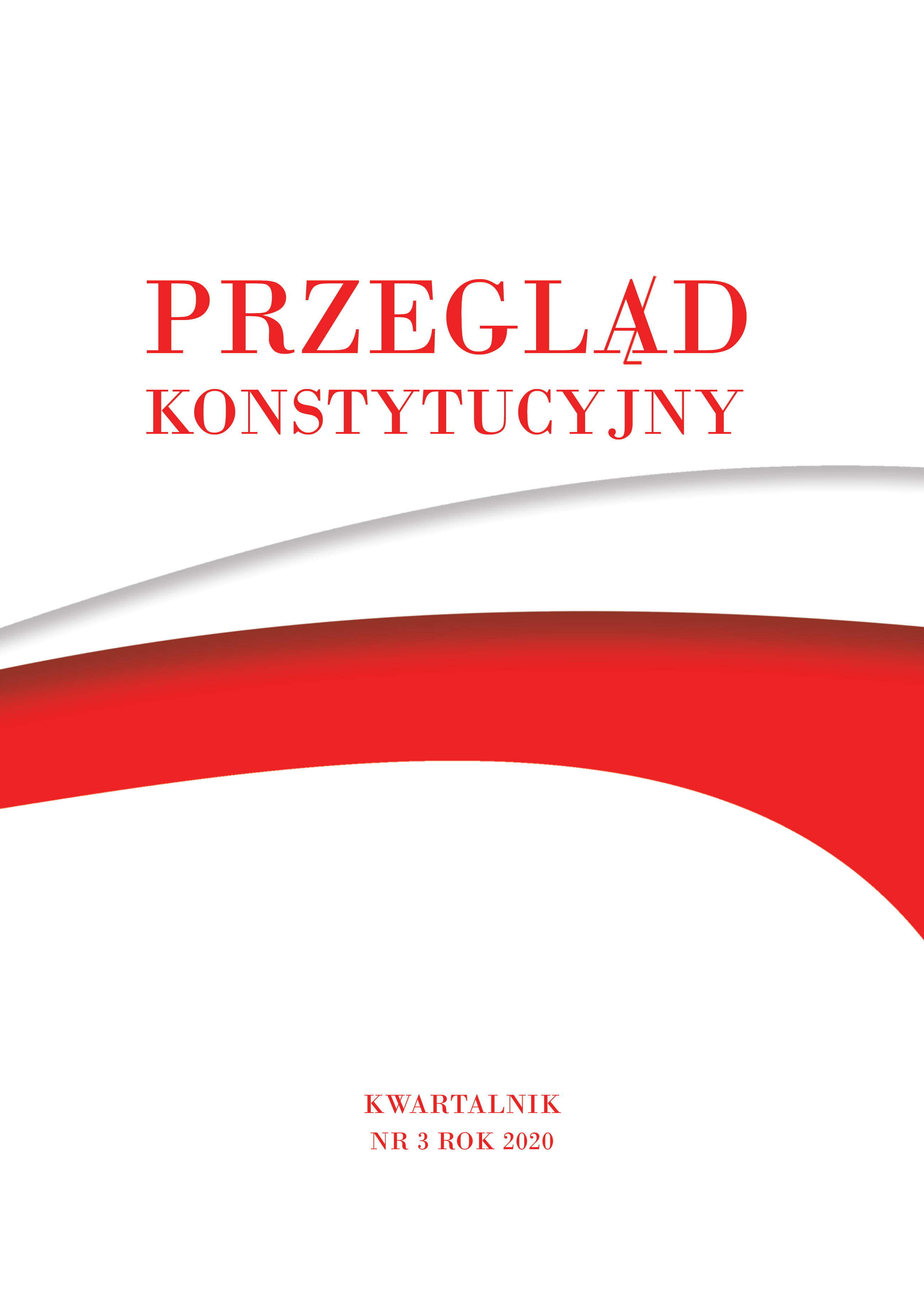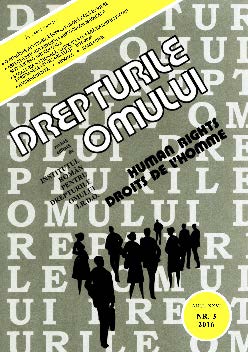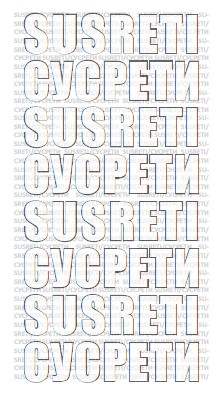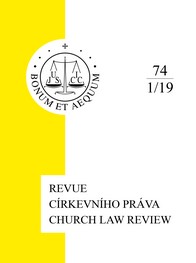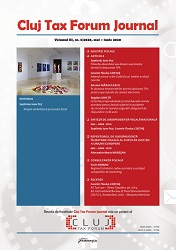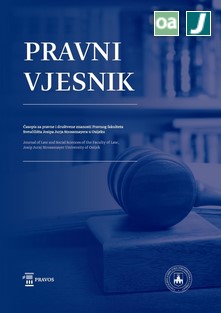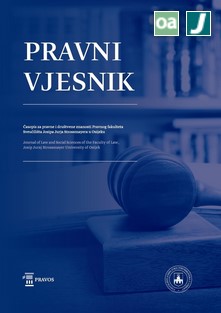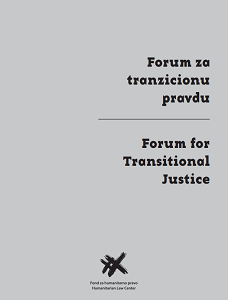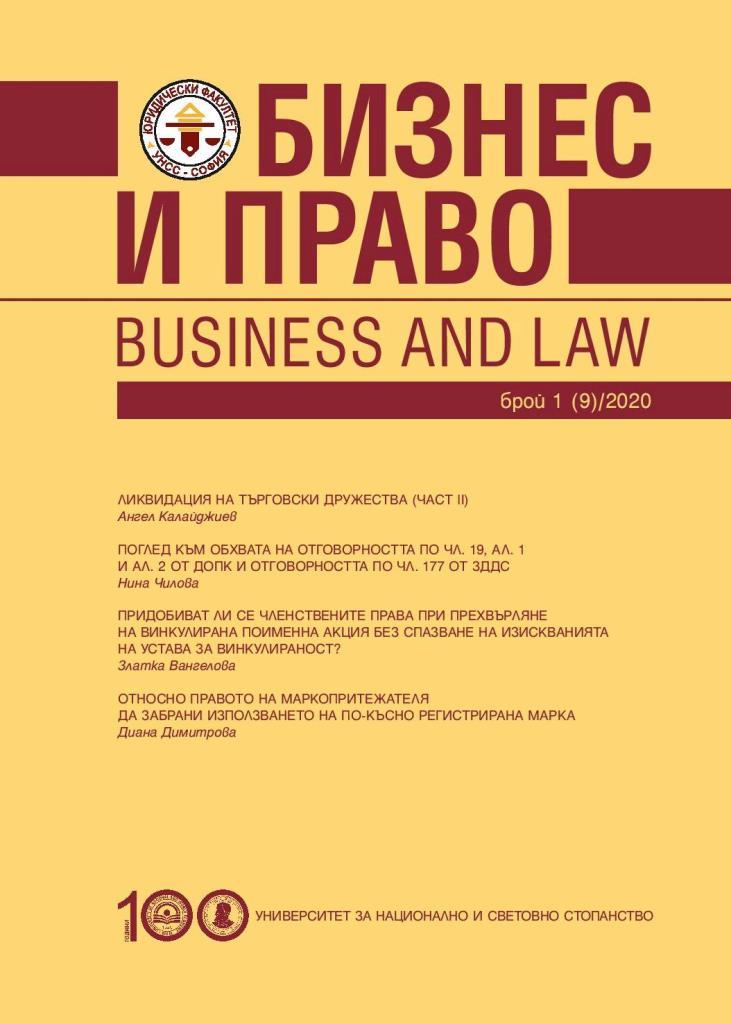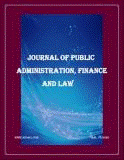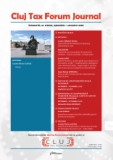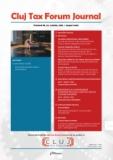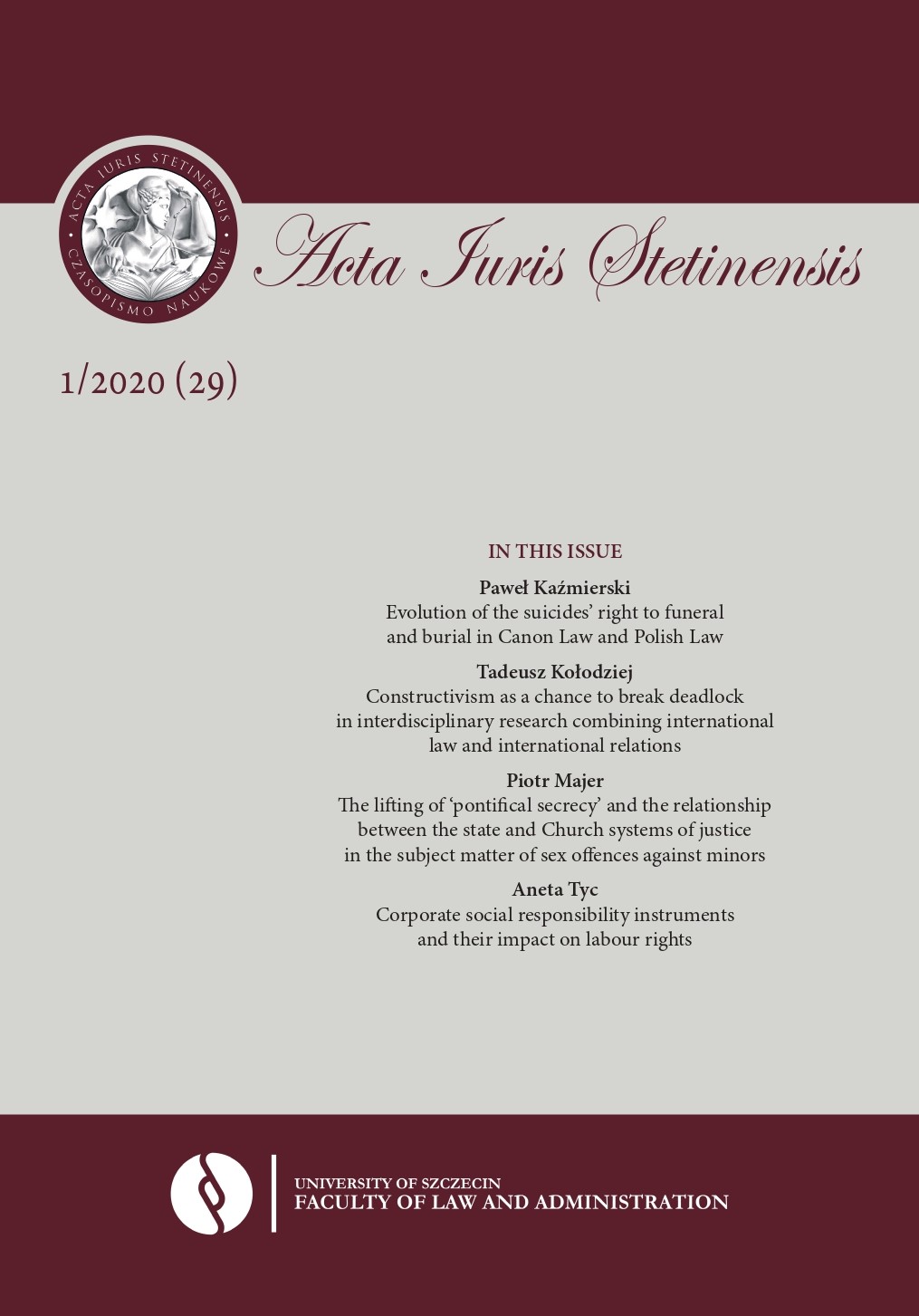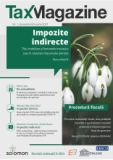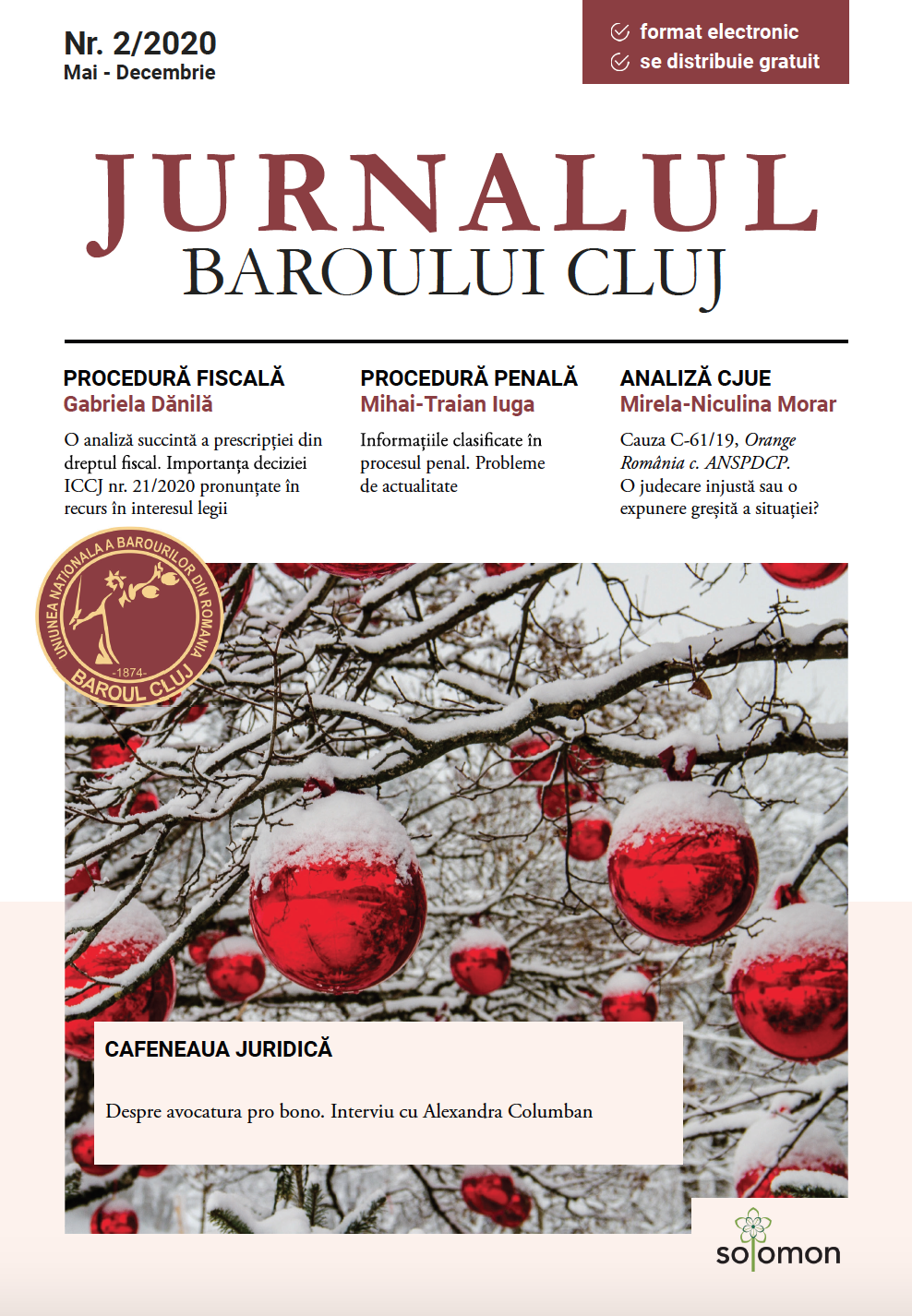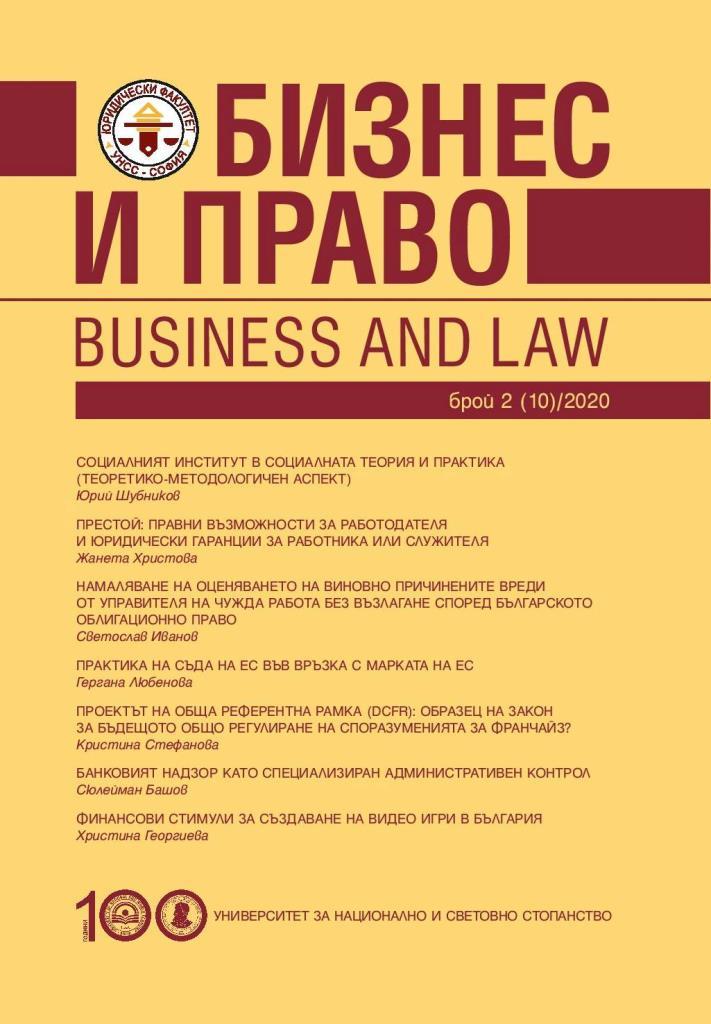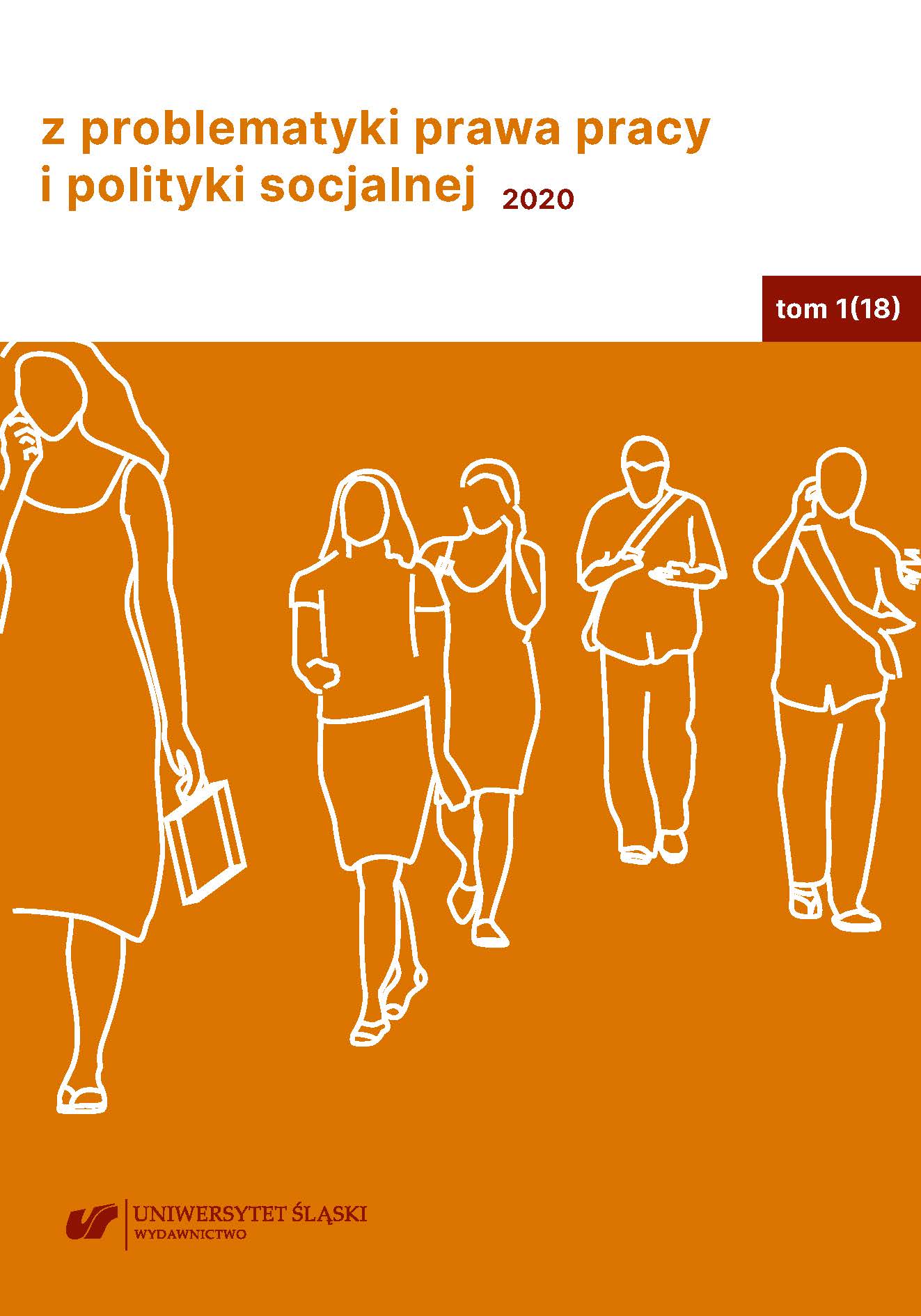Author(s): Bogdan Ioniţă / Language(s): Romanian
Issue: 3/2020
Lacking the legal criteria for quantifying the general damages, the difficult task of identifying such criteria fell on the courts. This paper envisages to present the main criteria used by the courts of law to determine the amount of general damages in the event of personal injury resulting from road accidents, as they follow from the judicial practice for the years 2012 to 2019 reviewed. Although the content of the court rulings constantly refers to the criteria for the quantification of the general damages listed in Decision no. 89/09.06.2003 of the Supreme Court of Justice (the negative consequences suffered by the concerned person both physically and mentally, the importance of the damaged values, the extent to which these values have been damaged, the intensity with which the consequences of the injury are perceived, the extent to which the family, professional and social situation of the victim has been affected, fairness and proportionality), the courts have preferred to motivate their quantification of the general damages based on more concrete criteria. The case law consulted shows that the main criteria used by the courts for the quantification of general damages in case of personal injury are the number of days of medical care required for healing and provided in the medical certificate as well as the possible permanent or long term injuries suffered from the accident, including the loss of an organ or sense, or the extent to which the victim’s life has been jeopardized. Other important criteria held by the court are the victim’s contribution, the victim’s age, the standard of living, the social and economic context, the family relationship/affinity of the person causing the accident with the person claiming general damages, fairness and proportionality. The non-unitary and unpredictable judicial practice in the field of general damages for personal injuries resulting from road accidents confirms, among other things, the fact that until now there has not been a uniform approach to the criteria for the quantification of general damages by the case law. Nonetheless, even if there had been an uniform approach to these criteria, the risk for the amounts awarded by the courts to be different even in similar situations would still linger. Uniformity in the quantification of general damages could be achieved rather by using a table system for the quantification of general damages as established by the Spanish law or developed by the Italian case law. However, I believe that any step to synthetize and structure the criteria for the quantification of the general damages used by the judicial practice should be a useful tool for a greater coherence and predictability of the case law.
More...
